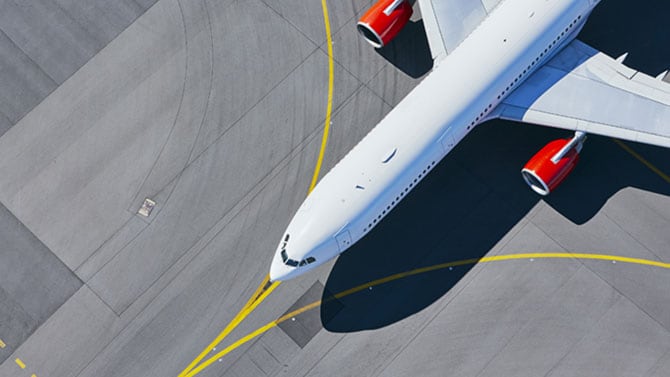
Clarification taxation of international travel days
28/01/25
In a recent judgment of the Dutch Supreme Court, it clarifies the taxation of travel days for international business trips. The Supreme Court set aside the judgment of the Amsterdam Court of Appeal and upheld the earlier judgment of the District Court of Noord-Holland. The Supreme Court indicates that for the determination of international working days in the context of relief of double taxation, it is not necessary to calculate only with whole days. In the case of international business trips, in order to ensure ease of applicability, half of the travel day must be attributed to the country of departure and half to the country of arrival.

What does this mean for your business?
If employees living in the Netherlands work abroad, it is good to check which country has the right to tax the wages of these employees. If foreign business trips are made in that context, the question arises to what extent that salary can be attributed to the travel days. On the basis of the Supreme Court's judgment, for the purpose of attributing wages to a travel day, half can be attributed to the country of departure and half to the country of arrival. It is not necessary to take into account the number of hours actually worked in one country and in another in a day. It is also not important how long the journey takes and one does not have to take into account any stops that have been made.
Facts of the case
The case is about a goalkeeper trainer living in the Netherlands. In 2018, the trainer was employed by the Saudi Arabian Football Federation (SAFF). For his work, he sometimes makes 'business trips' from Saudi Arabia to another country and back. The dispute before the Supreme Court is which part of the travel days of these business trips should be allocated to Saudi Arabia (the state of employment). For that part, the Netherlands (country of residence) must grant a double taxation allowance.
In line with the earlier opinion of Advocate General Pauwels, the Supreme Court stated that:
When making a business trip, the travel time must be regarded as time spent on the performance of the employment.
Half of the travel time of business trips is attributable to the country of departure and half to the country of arrival.
For the allocation, partial (half) days may also be calculated.
Taxation
At the heart of this dispute is whether the travel days of the trainer are entirely allocated to the work carried out in Saudi Arabia. Article 15(1) of the Netherlands-Saudi Arabia Treaty states that, in principle, only the Netherlands has the right to tax wages received by tax residents of the Netherlands. However, the country of employment is also entitled to tax if an employee performs work in the employer's country of residence, in this case Saudi Arabia. In that case, the Netherlands (as the country of residence) must provide a relief for double taxation on this income. There are also other situations in which Saudi Arabia may have the right to tax (such as on the basis of the 183-day rule), but these are not addressed in the dispute.
Calculation of day fraction
To determine which part of the income is subject to tax in Saudi Arabia, the day allocation is used. This is a proportionality fraction in which the numerator consists of the time that the trainer spent in Saudi Arabia on his work for SAFF, and the denominator consists of the total time that he spent on his work for SAFF.
In this judgment, the Supreme Court stated that for the calculation of the proportionality fraction, it is not possible to deduce from the tax treaties, explanatory notes or OECD commentaries how the travel time of business trips should be allocated and that there is no clear link with a particular country for the travel time. For the sake of simplicity, the Supreme Court has therefore decided to attribute half of the travel time of business trips to the country of departure and half to the country of arrival. This does not have to take into account work before or after the trip or any stops along the way.
The Supreme Court leaves open another possibility for the taxpayer to make it plausible that more than 50% of the travel time is attributable to the state of employment. The taxpayer has therefore the burden of proof.
This judgment clarifies the calculation of the day fraction and simplifies how travel time for business trips should be allocated. The question remains whether the state of employment allocates travel time in the same way.
Contact us





















